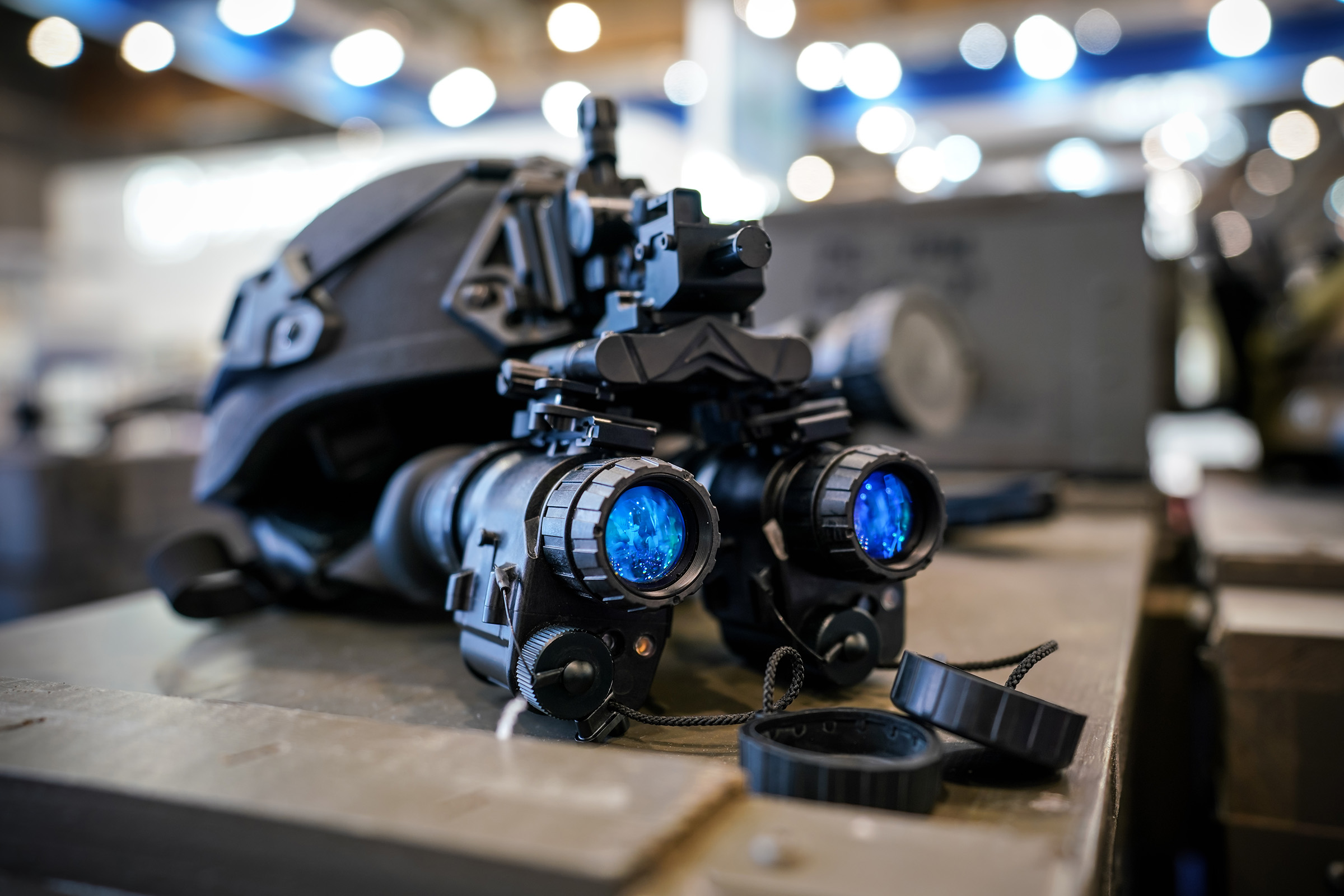Researchers Made Ultra-Thin Night-Vision Lenses That Fit Regular Glasses
The ARC Centre of Excellence for Transformative Meta-Optical Systems (TMOS) in Australia has made an extraordinary breakthrough. The researchers working at TMOS have devised a way to create ultra-thin night-vision lenses that can fit into standard spectacles.
This development could allow for more accessible and wearable night-vision glasses, doing away with the bulky and expensive headsets and attachments that currently exist on the market. The star of the new development is a new processing method, which allows for light photos to be processed much more easily, removing the need for the bulky systems utilized in traditional night-vision setups.
The result is an ultra-thin night-vision lense capable of created shaper images with more reduced noise than traditional night vision. It also doesn't require the cryogenic cooling that normal night vision setups rely on. This new research improves upon previous research which utilized gallium arsenide as a metasurface. This time, the researchers used a lithium niobate metasurface to deliver more efficient light processing across a wider surface area. This allowed for a thinner, wider area for the processing.

A study published in Advanced Materials highlights the new development. If proven successful and scaleable, it could fundamentally change how we approach night vision going forward. Providing everyone with the ability to carry around an affordable and easy-to-manage pair of night vision spectacles would give people more clarity at night, allowing them to see even in some of the darkest environments.
We've used night vision in the past to observe different creatures at night, but ultra-thin night-vision lenses could make doing so even more accessible for scientists everywhere. This would, undoubtedly, provide more safety and comfort for people who have to walk at night, as being able to see into the darkness would make it harder for people to sneak up on them and catch them off guard.
Of course, we're still a long way off from seeing these types of lenses on the market. But this is a fundamental first step in breaking through the current mold and coming up with better ways to approach the problem.
